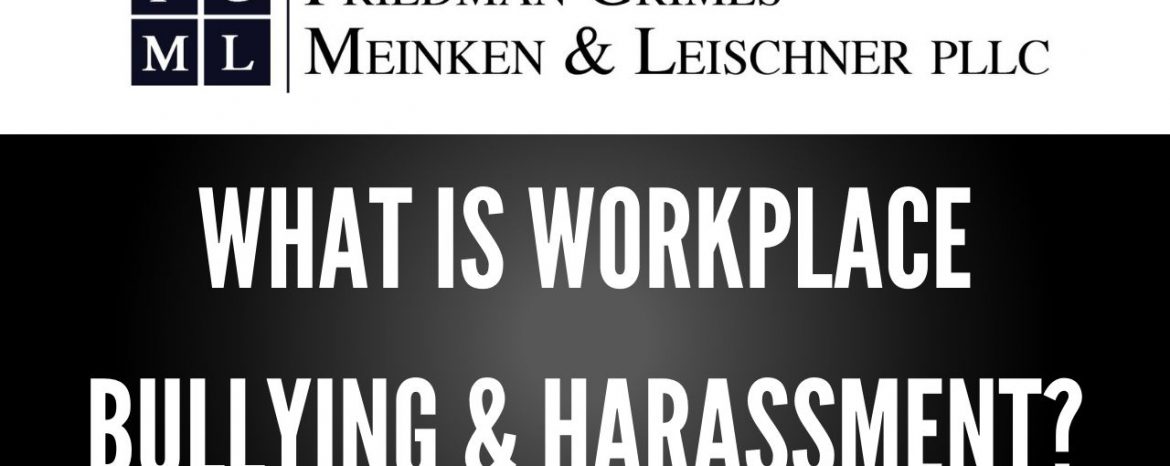A situation involving bullying or harassment in the workplace is not necessarily illegal on it’s own. The legality of the situation depends upon whether it the harassment is tied to a protected class. Employment law attorney Andrea Downing discusses the possible implications of workplace harassment and bullying in this week’s FAQ Friday.
What Forms of Workplace Harassment are Illegal?
“Repeated incidents of harassment that are tied to a protected class are considered discriminatory and may become actionable,” Downing says. Protected classes can include:
- Sex
- Race
- Age
- National Origin
- Religion
- Disability
“People are often concerned about reporting harassment in the workplace, thinking that they won’t be believed if it’s a ‘he said, she said’ situation,” says Downing. “But you don’t need smoking gun evidence to prove a case of discrimination and you certainly don’t need smoke and gun evidence to report concerns of discrimination to your employer.” Discrimination can affect anyone, regardless of an individual’s minority status or personal traits. The offender could even be someone who is similar in appearance, age, or sex to the victim. Furthermore, you don’t need to be a member of a minority to be protected under the civil rights statute.
What Should I Do If I Am Harassed at Work?
Should you necessarily report an incident the first time you are bullied at work? Not necessarily, unless it is very clear that the harassment has discriminatory intent. Downing explains that if you can identify a pattern to the harassment, that may indicate that you’re being discriminated against because of one of your protected classes. If you’ve reached three occurrences, then it’s probably time to make a discrimination report to HR.
Consulting your co-workers to find out if they have experienced similar workplace harassment or to see what they think about the offender may not be the best way to approach the situation. “That might send the wrong signal to your employer and end up not being helpful to a case if you have one,” Andrea says. “Instead, make the observations on your own and take notes as these things happen. Then, if you discover a pattern to those observations you should consider consulting an attorney to see what your options are.”
When to Contact an Attorney
An attorney can help you figure out how to handle workplace harassment issues and offer advice on how to talk to HR or others within your organization who can resolve the issue.
Related Content:
- Sexual Harassment in the Workplace – FAQ Friday
- Recording Instances of Sexual Harassment in the Workplace

